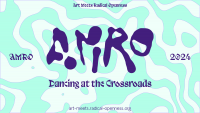 COVID-19 pandemic particularly affected the cultural and cultural heritage sectors with travel bans, public closures and event cancellations with alarming financial implications.
COVID-19 pandemic particularly affected the cultural and cultural heritage sectors with travel bans, public closures and event cancellations with alarming financial implications.
As a consequence, plenty of museums and cultural organizations increased the use of digital technology and started to find creative and innovative digital solutions such as free online content, social media challenges, online concerts or webinars with the goal to reach their audience, engage new public and continue to share culture.
The measures that at the beginning have been adopted as the only challenge for remaining alive in this context have been transformed into an opportunity, a new form for making, sharing, connecting people and promoting civic engagement in art and culture.
Europa Nostra decided to collect these several digital initiatives in a virtual space, fostering its wide network of members, associates, partners, and volunteers to share their virtual interactions and journeys for optimising people’s confinement.
The platform offers a wide range of virtual tours, online performances, webinars, podcasts, resources, social media challenges and latest EU policy updates.
Europa Nostra invite to get involved in the Agora by:
– Sharing digital initiatives to be featured at agora@europanostra.org
– Engaging on social media (Twitter, Facebook and Instagram) with the hashtag #EuropaNostraAgora
– weekly update providing a “digest” overview of the collection
– Visiting the Europa Nostra Digital Agora online platform



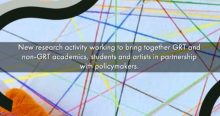
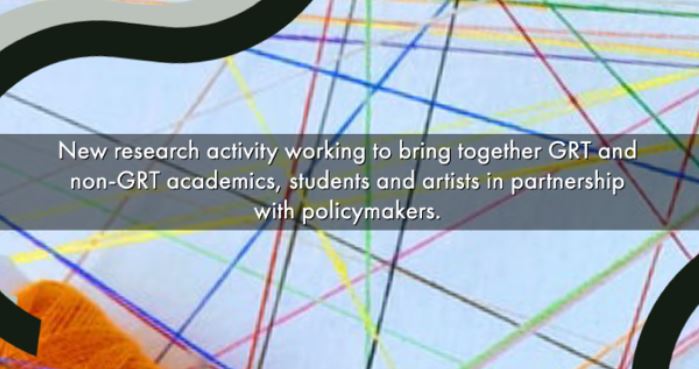 The project, carried out by
The project, carried out by 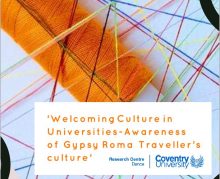
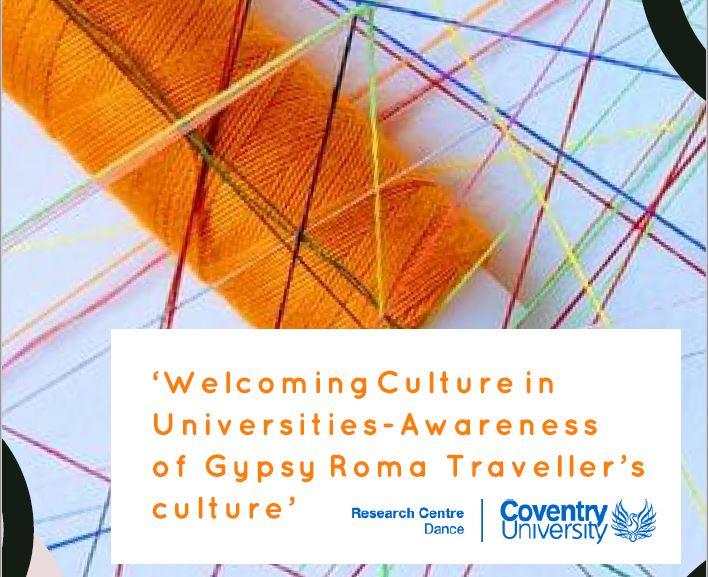 The Gypsy Roma Traveller in Higher Education- Influencing Policy is a research project concluded the 31st March 2020 and funded by QR Strategic Priorities Fund 2019-20 and
The Gypsy Roma Traveller in Higher Education- Influencing Policy is a research project concluded the 31st March 2020 and funded by QR Strategic Priorities Fund 2019-20 and 

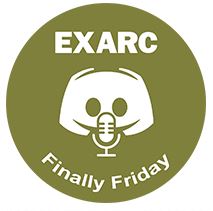
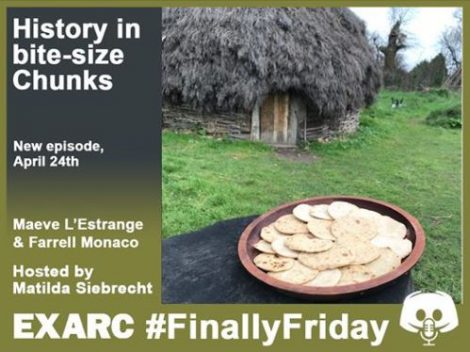 The title was: History in bite-size Chunks.
The title was: History in bite-size Chunks.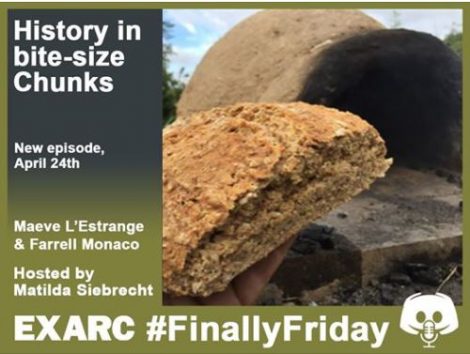
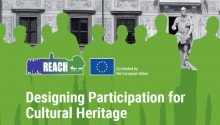
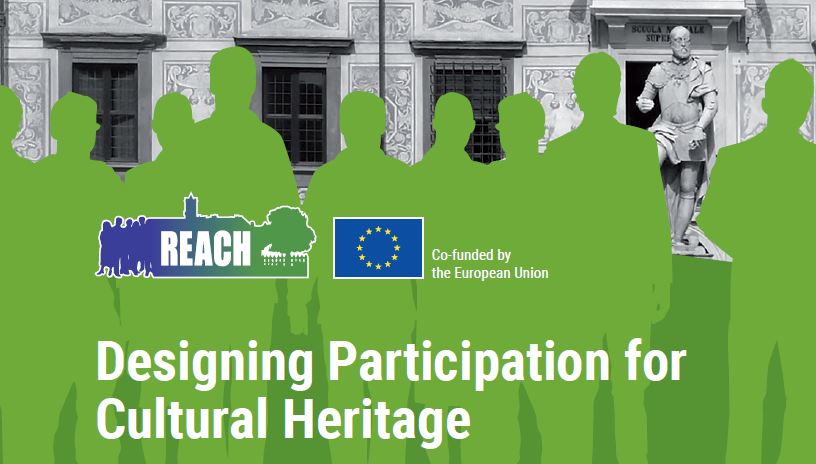 In light of the interest received by the initiative,the REACH Consortium have decided to keep the call open until the end of the year.
In light of the interest received by the initiative,the REACH Consortium have decided to keep the call open until the end of the year.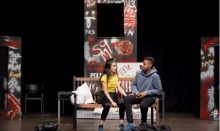
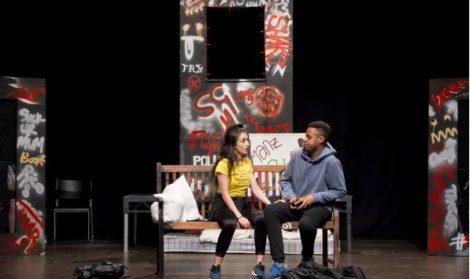 The 30th
The 30th 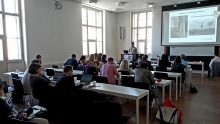
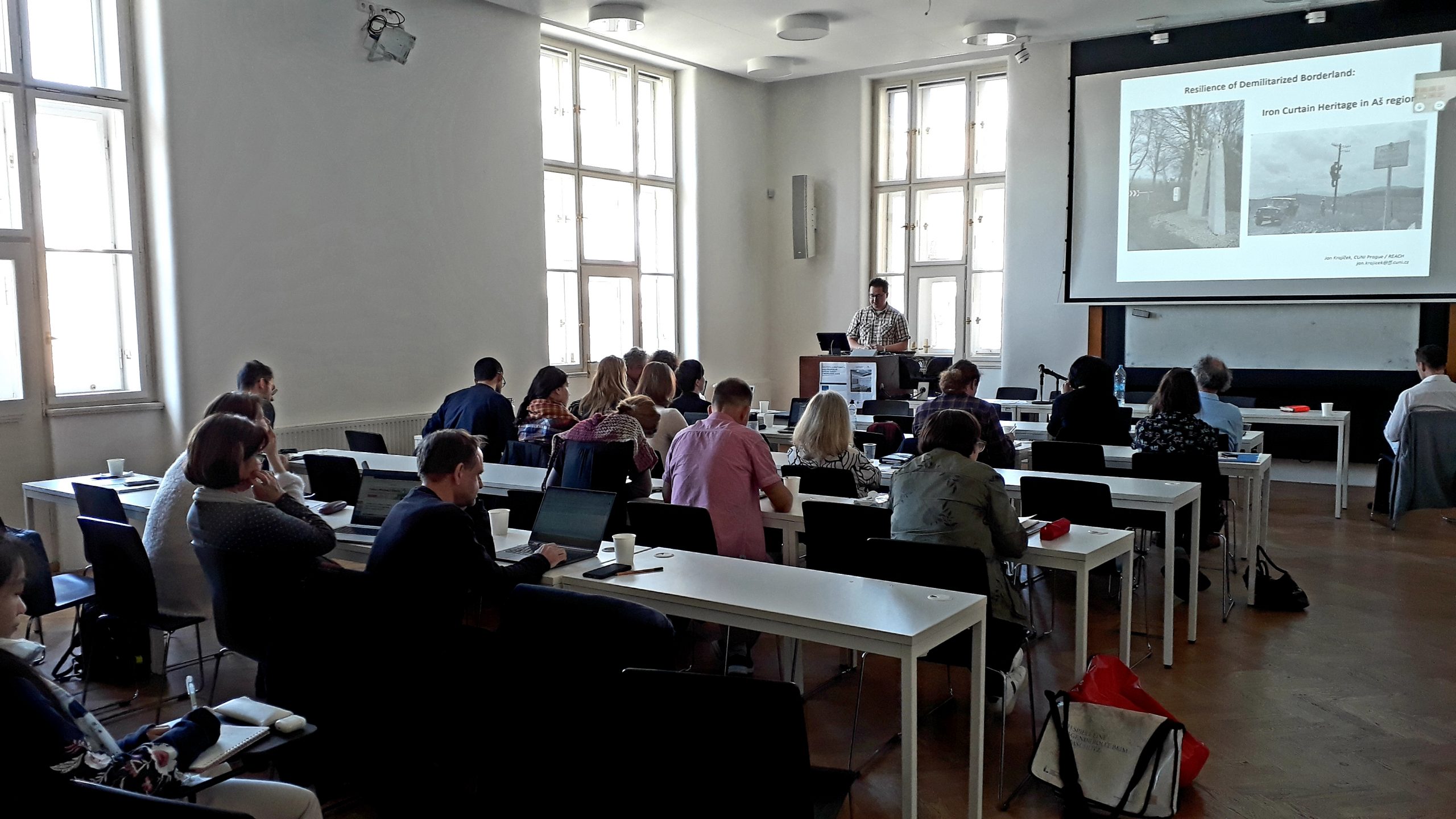 The Resilience for Cultural Heritage workshop, organised and hosted by Charles University, took place in Prague on 5 and 6 March 2020. One of the objectives of the REACH project has been to test the concept of resilient cultural heritage through its four pilot and programme of themed workshops. In addition to continuing the project’s participatory theme, this workshop considered the different interpretations of resilience within the fields of cultural and heritage, involving a series of varied and fascinating presentations and vibrant debate.
The Resilience for Cultural Heritage workshop, organised and hosted by Charles University, took place in Prague on 5 and 6 March 2020. One of the objectives of the REACH project has been to test the concept of resilient cultural heritage through its four pilot and programme of themed workshops. In addition to continuing the project’s participatory theme, this workshop considered the different interpretations of resilience within the fields of cultural and heritage, involving a series of varied and fascinating presentations and vibrant debate.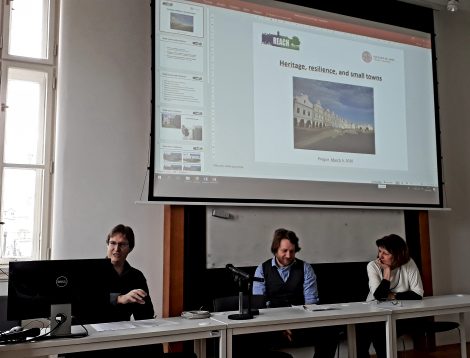
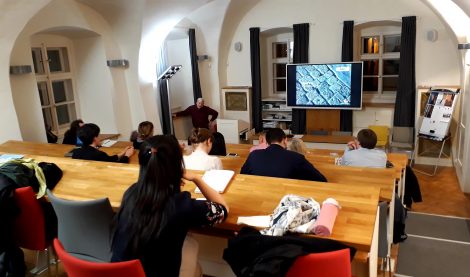 The final session of the day examined resilience within the scope of institutions and heritage. Richard Biegel stepped in to describe the progression of the Charles University’s ‘Art History Department – University´s Cultural Heritage’, illustrating that institutions would have had to have been resilient to operate, in spite of multiple socio-political regime changes, during the 20th Century. Eva Špačková provide insight into the ‘University Museum as a source for creative interactions in arts, science and technology (case of Iowa University Museum)’ and asked whether European universities could also display more works of art. Finally, keynote speaker Thorsten Ludwig, managing director of Interpret Europe, concluded the day with a presentation on ‘Engaging citizens with Europe’s cultural heritage‘ with special emphasis on UNESCO’s values and learning principles’ that led to an interesting discussion about the values and messages that heritage sites can share and the best ways that narratives can be framed.
The final session of the day examined resilience within the scope of institutions and heritage. Richard Biegel stepped in to describe the progression of the Charles University’s ‘Art History Department – University´s Cultural Heritage’, illustrating that institutions would have had to have been resilient to operate, in spite of multiple socio-political regime changes, during the 20th Century. Eva Špačková provide insight into the ‘University Museum as a source for creative interactions in arts, science and technology (case of Iowa University Museum)’ and asked whether European universities could also display more works of art. Finally, keynote speaker Thorsten Ludwig, managing director of Interpret Europe, concluded the day with a presentation on ‘Engaging citizens with Europe’s cultural heritage‘ with special emphasis on UNESCO’s values and learning principles’ that led to an interesting discussion about the values and messages that heritage sites can share and the best ways that narratives can be framed.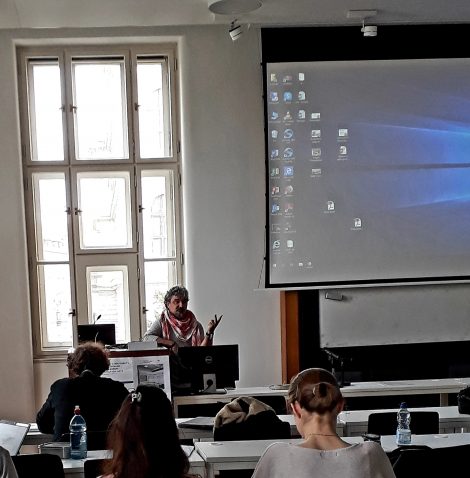 For the Rural heritage pilot, José-Maria Civantos discussed that, in the face of global change (political, social and economic), resilience has been the understanding and adaptation of traditional community methods of preservation and management to maintain systems and crops, achieved by giving farmers a stronger platform and way to be heard.
For the Rural heritage pilot, José-Maria Civantos discussed that, in the face of global change (political, social and economic), resilience has been the understanding and adaptation of traditional community methods of preservation and management to maintain systems and crops, achieved by giving farmers a stronger platform and way to be heard. 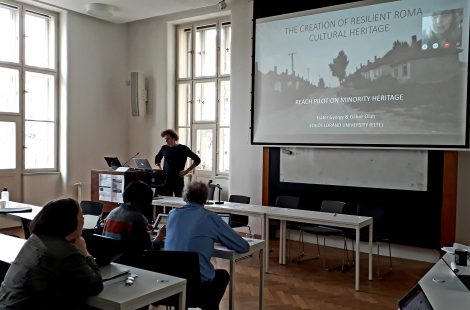
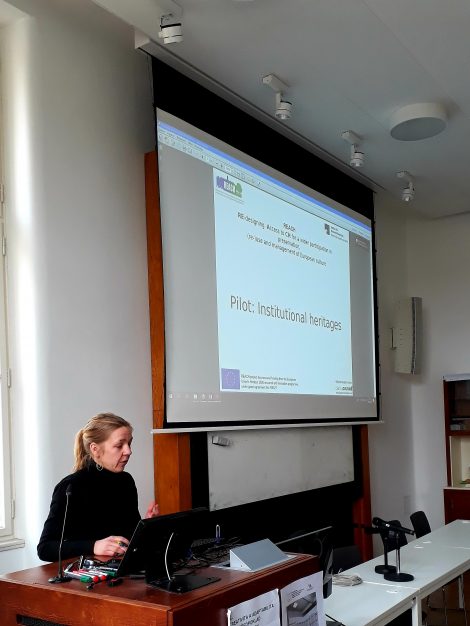 Finally, Frederike Berlekamp discussed the Institutional heritage pilot, which had involved work with three diverse museums. At a time when museums are literally redefining themselves, considering who their audiences are and their expectations, museums are developing new partnership, methods, layouts and more interactive personalised services.
Finally, Frederike Berlekamp discussed the Institutional heritage pilot, which had involved work with three diverse museums. At a time when museums are literally redefining themselves, considering who their audiences are and their expectations, museums are developing new partnership, methods, layouts and more interactive personalised services.
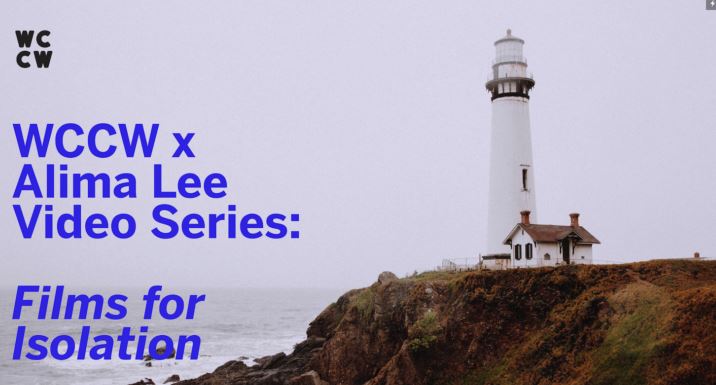 The Filmmaker Alima Lee offers a series of short films to rediscover the meaning of belonging and home in this moment of profound isolation.
The Filmmaker Alima Lee offers a series of short films to rediscover the meaning of belonging and home in this moment of profound isolation.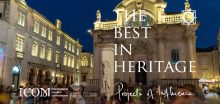
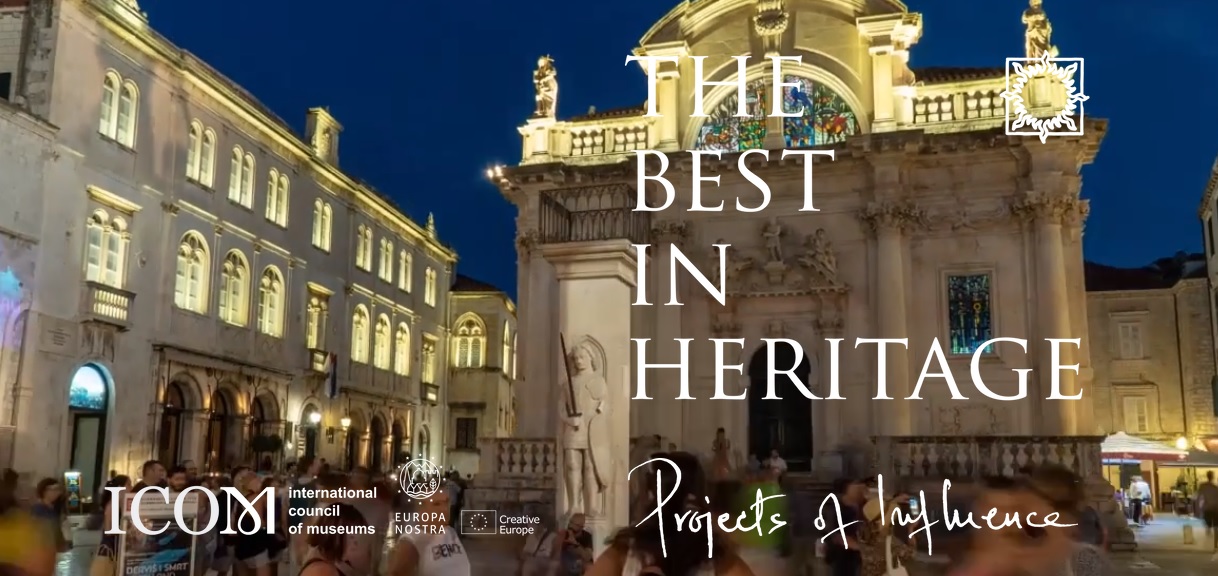
 If you have interesting news and events to point out in the field of digital cultural heritage, we are waiting for your contribution.
If you have interesting news and events to point out in the field of digital cultural heritage, we are waiting for your contribution.














